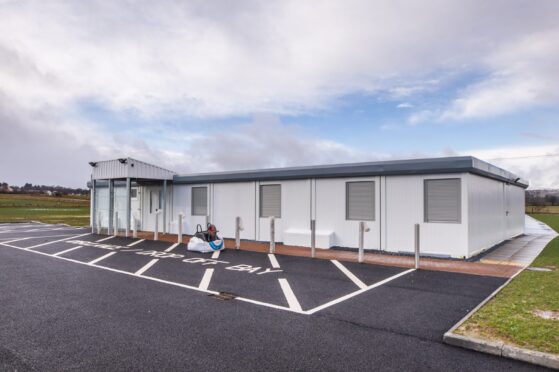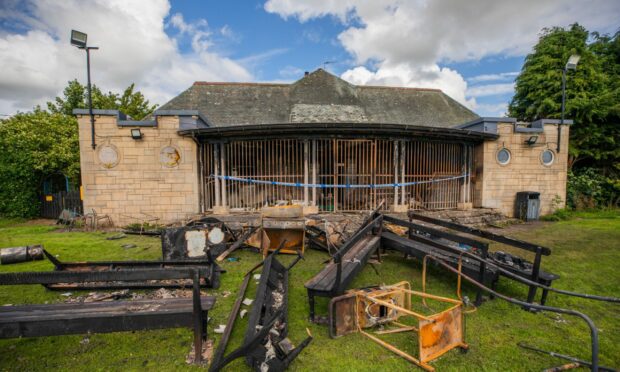A Perthshire man who has described getting a test for prostate cancer as a “life saver” is advising men to get checked out.
Alister Walker, 62, of Pitlochry, told The Courier that he was diagnosed with the disease aged 53 but now talks on the subject, including being part of a support group in Perth.
He runs GRS Cameras in Scott Street, Perth, but acknowledges he owes much to his wife who recommended he visit his doctor in 2006.
“I was embarrassed when my wife, Jane, booked the GP appointment and I have to say this was a life saver,” he said.
“When the doctor examined me I was in tears but now it is all about being aware of your prostate and removing the taboo.”
He continued: “I’ve had radiotherapy treatment and hormone injections in my stomach, which gives me oestrogen. When I was diagnosed my prostate was the size of a golf ball – it was enlarged and he also checked my urethra.”
Mr Walker said many prostate cancer sufferers don’t realise the problem lies in family ties, with a one in a two-and-a-half chance of catching it. And he is encouraging men to seek medical advice if they suspect they may have it.
“It’s often found within the family,” he added.
“But I’ve had great help from Perth Royal Infirmary, Ninewells Hospital and my local GP. Men need to talk to each other, which is what I’m involved in – I talk to various groups.”
Mr Walker was speaking on the same day as charity Prostate Cancer UK warned that poor awareness of the gland may blind men to their risk of it and prevent action.
Charities want men to get it checked more regularly to reduce the number of prostate cancer cases. Improvements in treatment, prevention and support are also being targeted over the next decade.
In 2013, more than 47,000 new cases emerged in the UK, with almost a quarter resulting in death.
Men over 50, those with a family history of prostate cancer and black men are most at risk, statistics show.
A survey of thousands of men, including more than 500 in Scotland, found only 8% know what the prostate does while only half know where it is in the body.
Scotland rugby international Chris Cusiter has joined the campaign to raise awareness of the disease after losing his father to prostate cancer in 2010.
He said: “I didn’t know too much about the prostate or prostate cancer until it touched my life. It seems that many men are the same – not even knowing that they have a prostate until it is too late.
“Men have got to start wising up to our own bodies and stop ignoring the facts.
“Prostate cancer is the most common cancer in men and it’s not going to go away unless we tackle it head-on.”










